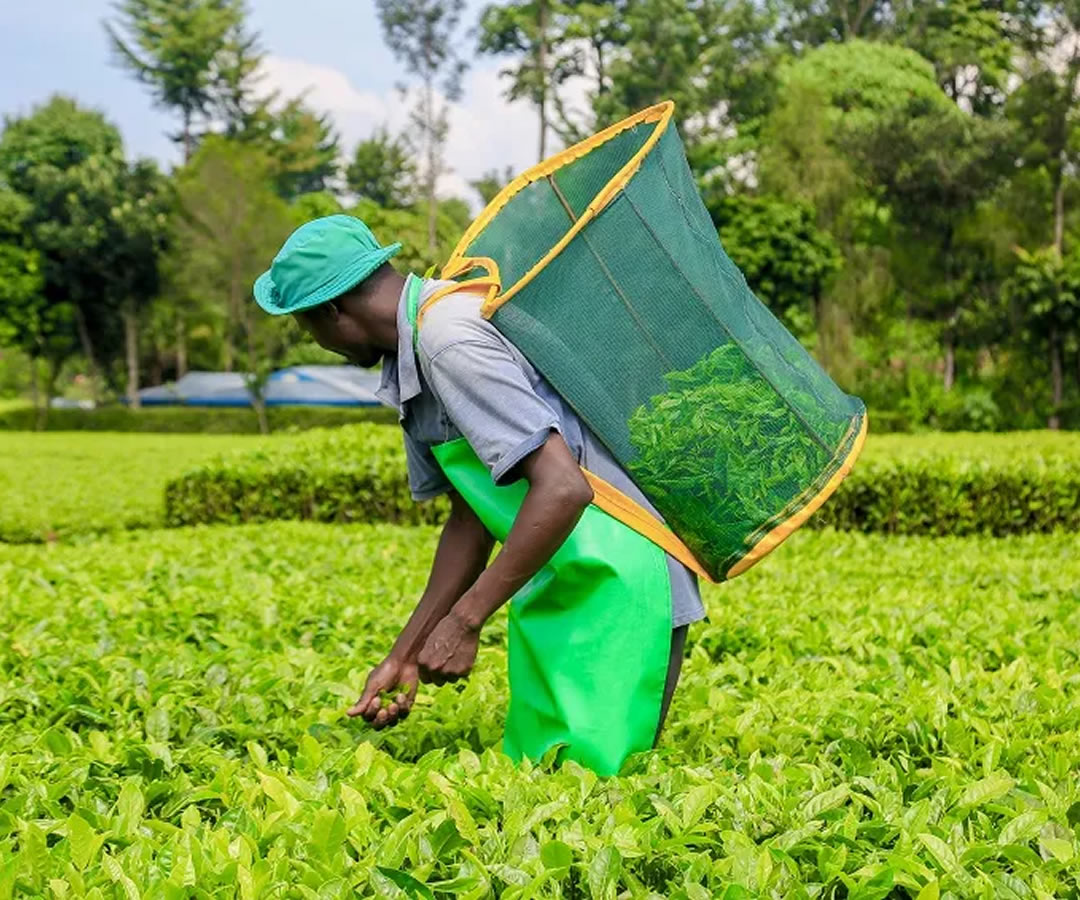A temporary window to clear tea containers stuck at Port Sudan has offered minimal relief to Kenyan exporters, even as Sudan maintains a blanket ban on tea imports from Kenya imposed in March this year.
The East Africa Tea Trade Association (EATTA) said it had received approval to clear 207 containers of Kenyan tea, each containing 400 bags, which had arrived in Sudan before the embargo was implemented.
The cargo has been at the port for more than three months, with exporters absorbing heavy demurrage costs as they waited for clearance.
"It is a relief after Kenya and Sudan allowed us to clear the consignment but back home we have stockpiles at the port of Mombasa and at different warehouses as we cannot sell the stock to the country due to the existing ban," said Eatta managing director George Omuga.
Omuga stressed that the permission is temporary and the overall ban remains in place. He noted that Sudan’s market is unique because it demands certain tea grades that are difficult to divert to other markets.
"Sudan primarily imports specific tea grades that are not easily absorbed by other markets. The Mombasa Tea Auction is ongoing but without Sudanese special tea," he said.
With the auction running without a key buyer, exporters and traders say prices are falling, and unsold volumes are piling up. The continued closure of the Sudanese market, they say, is worsening a glut and exposing farmers to financial risk.
"Apart from selling consignment which was on supply chain while the ban was effected, the ongoing ban will significantly impact tea prices and auction sales, exacerbating an already existing market glut at the Mombasa tea auction," said Kariuki Njenga, a tea exporter.
Njenga also pointed to the growing warehouse bills for tea that cannot be rerouted. “Losing Sudan as a top five export market would deal a major blow to Kenya’s tea industry,” he warned.
The tea industry is calling for urgent diplomatic engagement with Khartoum, saying the trade standoff is affecting the incomes of farmers and workers across the value chain.
Many smallholder farmers are already feeling the pinch as stockpiles grow and sales decline.
Sudan is among Kenya’s top ten tea buyers, and the continued embargo threatens to slash export earnings and tea bonuses. With no clear end to the restrictions, exporters say they are bracing for prolonged losses and mounting logistical costs.

